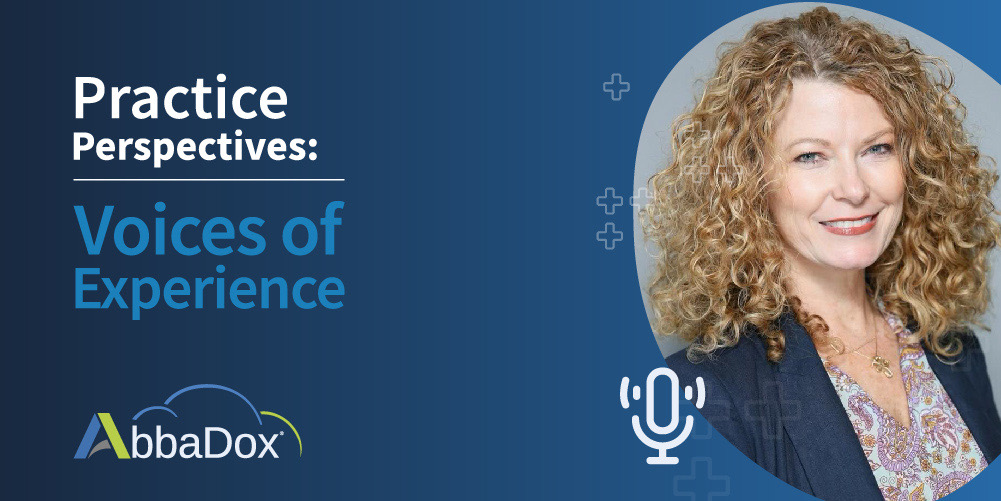In the dynamic world of healthcare, outpatient imaging centers are grappling with escalating costs. Balancing high-quality patient care with effective cost management is a complex task that requires innovative solutions. In a recent webinar, industry leaders shared their insights on this critical issue. Watch the full webinar here.
Why This Discussion Matters
Rising costs in healthcare are a global concern. For outpatient imaging centers, these costs can impact the quality of patient care and the center's overall sustainability. This webinar brings together experts in the field to discuss strategies for managing these costs, making it a must-watch for medical professionals.
Introducing the Panelists
The webinar featured Linda Wilgus, the Executive Director at Northwest Radiology Network, Angie Gilbert, Regional VP - Medical Imaging Group at USPI, Dr. John Vizzuso, President and CEO at Radiology Matters, and Raif Erim, EVP at Regents Health Resources. Each panelist brought a wealth of experience and unique perspectives to the table, providing invaluable insights into the challenges and potential solutions in the field.
The Rising Costs: A Growing Concern
The panelists acknowledged the rising costs in outpatient imaging centers, attributing them to factors such as technological advancements, regulatory requirements, and patient expectations. The challenge lies not just in acknowledging these costs, but in devising strategies to manage them without compromising patient care.
Strategies for Cost Management
The panelists shared their strategies for tackling these rising costs, emphasizing the importance of strategic planning, efficient resource allocation, and leveraging technology.
Strategic Planning
Linda Wilgus stressed the importance of strategic planning and understanding your cost structure. She stated, "You really have to understand your cost structure. Knowing if you're profitable is most important. That's job number one." This involves a thorough understanding of the cost structure, identifying areas of potential savings, and making informed decisions about investments in technology and human resources. In line with this, technology platforms like AbbaDox can play a crucial role. AbbaDox simplifies referral, scheduling, registration, and technologist workflows at every stage of the patient journey, which can lead to enhanced practice efficiency and profitability.
Efficient Resource Allocation
Efficient resource allocation was another key theme. Efficient resource allocation was a key theme. Raif Erim noted, "Our human capital is one of our most valuable resources in this industry. It is far more expensive to find someone new, train them, onboard them, and get them up to speed than it is to take care of the people we have. The model has changed drastically, and there is a huge amount of value in maintaining the talent that you have."
The panelists also highlighted the need to ensure that resources – both human and technological – are used optimally. This includes regular reviews of staffing levels and equipment usage, and making adjustments as necessary. Technology can be a useful ally in optimizing resource allocation. AbbaDox's flexible and scalable solutions, for example, allow practices to choose the applications, integrations, and services that best suit their unique workflows. The cloud-native and multi-tenant nature of the platform enables large-scale enterprise imaging clients to eliminate on-premise hardware and scale capacity without limitation, thereby potentially saving costs.
Leveraging Technology
The panelists also discussed the role of technology in managing costs. They pointed out that while initial investments in technology can be high, the long-term benefits in terms of improved efficiency and patient care can outweigh these costs. Platforms like AbbaDox make the entire patient journey digital, which can enhance efficiency and patient care. Based on a client survey, adopting AbbaDox led to a 72% reduction in manual paperwork, a 28% improvement in patient no-shows, and a 30% reduction in manual phone calls, which can contribute to cost savings and improved productivity.
Patient Care and Stakeholder Engagement
Angie Gilbert emphasized the importance of kindness and objectivity in patient care. "If we look at ourselves objectively critically as an industry as a facility as an employer, whatever. And we layer in kindness if we are kind to the human whether that is our employee or our patient, then we can't go wrong," she said.
Dr. John Vizzuso shared his perspective on the importance of taking care of stakeholders. "I think you have to take care of the stakeholders first. And then if you have that in mind, we've already said that patients, employees, radiologists, community. I don't think you can go wrong," he said. Maintaining a balance between cost-effectiveness and high-quality patient care is crucial. Systems like AbbaDox can aid in this balance by automating, digitizing, and optimizing operations, ultimately leading to an enhanced patient experience and streamlined workflows.
Conclusion
The webinar provided valuable insights into the challenges of managing costs in outpatient imaging centers and offered practical strategies for addressing these issues. As medical professionals, we must continue to learn from each other and share our experiences to navigate these challenges successfully. Platforms like AbbaDox can provide the tools we need to manage costs effectively while ensuring the highest quality of care for our patients. By leveraging technology and smart planning, our goal of providing exceptional patient care in a cost-effective manner is indeed achievable.
Remember, the goal is not just to manage costs, but to do so in a way that ensures the highest quality of care for our patients. As the panelists demonstrated, with strategic planning, efficient resource allocation, and the smart use of technology, this is an achievable goal. Watch the full discussion here.
Stay tuned for more insights from industry leaders in our upcoming webinars. Together, we can continue to advance healthcare and make a difference in the lives of our patients. Sign up for our newsletter to stay updated on future webinars.

-1.png)







